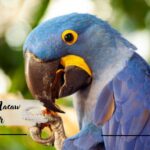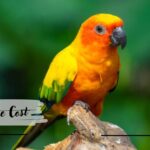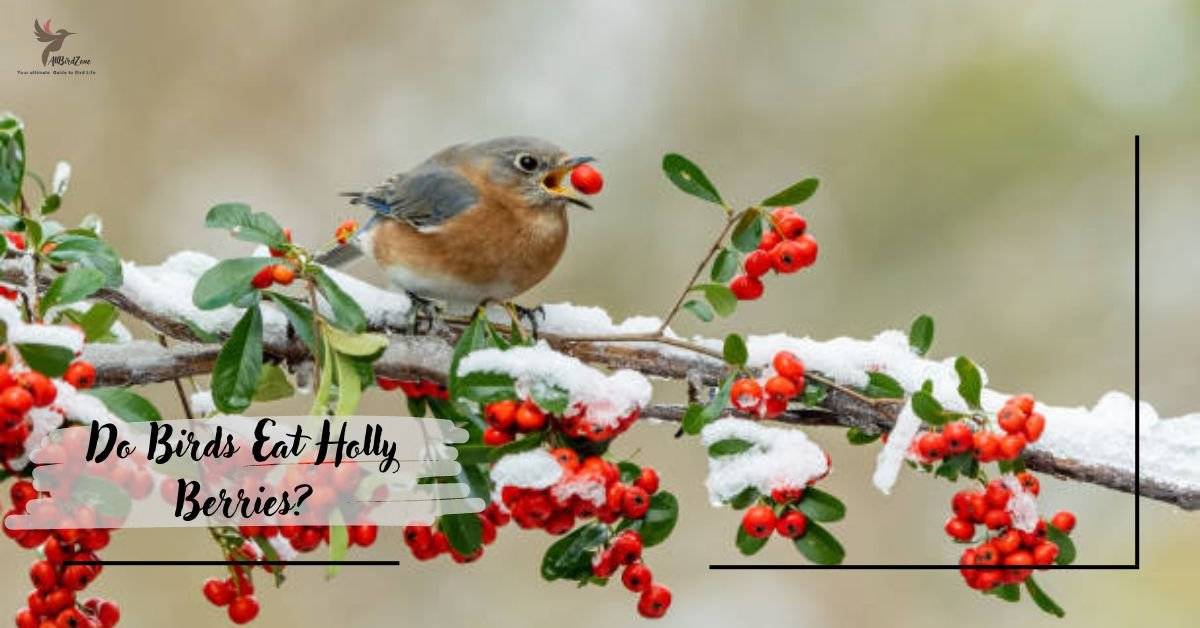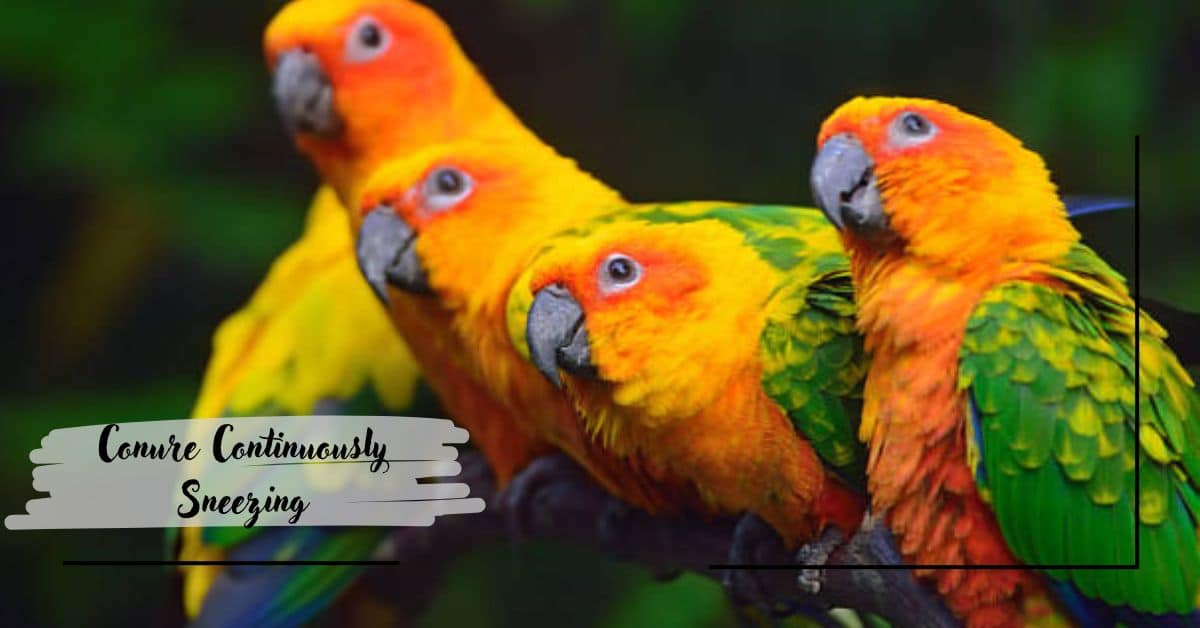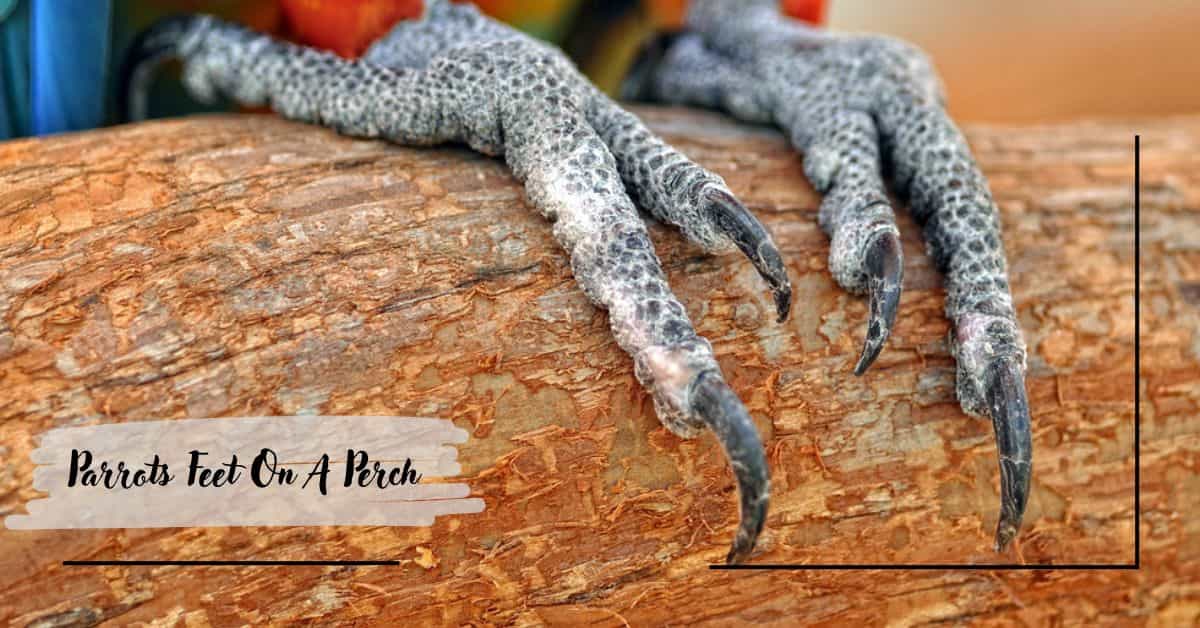Do Birds Eat Holly Berries? I noticed that birds in my backyard often peck at the holly berries during winter. While they enjoy the bright red fruit, they only eat a few at a time, likely avoiding them in large quantities to prevent digestive issues.
Yes, many birds, like robins and thrushes, do eat holly berries, especially in winter. However, while these berries are not highly toxic to birds, they can cause digestive issues if consumed in large amounts.
What Are Holly Berries?
Holly berries are the fruit of the holly plant, which belongs to the Ilex genus. These berries are typically bright red but can also be orange or black depending on the holly species. The holly plant is known for its glossy, spiky leaves and is often used in holiday decorations. Holly plants are evergreen shrubs or trees and are found in various habitats, including temperate forests and garden landscapes. The berries develop in clusters and can be a food source for various animals.
Do Birds Eat Holly Berries?
Birds do eat holly berries, especially during winter when other food sources are scarce. Species like robins, thrushes, and cedar waxwings are known to consume these berries, which provide a valuable energy source. However, while holly berries are not highly toxic, they contain compounds that can cause mild digestive upset if eaten in large quantities. Birds generally eat them in moderation, and their ability to avoid overconsumption helps minimize potential health risks.
Which Birds Eat Holly Berries?
1. Robins
2. Thrushes
3. Cedar Waxwings
4. Bluebirds
5. Northern Mockingbirds
6. American Robins
Are Holly Berries Poisonous to Birds?
Holly berries are mildly toxic to birds, but they aren’t usually very dangerous. The berries contain substances like saponins and theobromine. Saponins can upset a bird’s stomach, causing symptoms like nausea, vomiting, and diarrhea. Theobromine, while not as strong in holly berries as it is in chocolate, can also lead to stomach problems. Most birds can eat a few berries without major issues, but if they eat too many, they might experience more noticeable symptoms.
How Do Birds React to Holly Berries?
Birds that eat a few holly berries might not have any serious problems. But if they eat a lot, they could face some issues. Here’s how they might react:
- Vomiting: Birds might throw up the berries if they eat too many.
- Diarrhea: They might have watery or loose droppings.
- Lethargy: Birds may seem more tired or less active than usual.
In rare cases, eating a lot of holly berries can cause more serious health issues. However, birds usually avoid foods that make them sick, so severe problems are not very common.
Why Do Birds Eat Holly Berries?
Scarcity of Food:
Natural food sources become limited in winter, and holly berries provide a readily available energy source.
Nutritional Content:
Holly berries contain carbohydrates and some vitamins that can be beneficial in small amounts.
Survival Instincts:
During harsh conditions, birds might eat whatever is available to survive, including holly berries.
Birds like robins, thrushes, and cedar waxwings are more likely to eat holly berries, especially if other food sources are scarce. These species may have adapted to tolerate or minimize the effects of the berries.
How Can You Protect Birds from Holly Berry Poisoning?
To help mitigate the risks associated with holly berries, consider these strategies:
Limit Access:
Regularly prune holly plants to reduce the number of berries that are accessible to birds. This can help minimize their exposure.
Provide Alternatives:
Offer bird feeders stocked with seeds, nuts, and suet to give birds safer food options. High-energy foods like sunflower seeds and suet can be particularly helpful during winter.
Monitor Bird Behavior:
Observe the birds in your area to ensure they are not excessively eating holly berries. If you notice signs of distress, it may be necessary to take further action.
Which Birds Are Most Affected by Holly Berries?
- Young Birds: Juvenile birds may be less able to handle toxins compared to adults.
- Weaker Birds: Sick or malnourished birds might be more affected by the ingestion of holly berries.
- Foraging Species: Birds that primarily forage for food, such as robins and thrushes, are more likely to encounter and consume holly berries.
Conclusion:
Holly berries, though mildly toxic, are not usually fatal to birds but can cause digestive issues if consumed in large quantities. The best way to protect birds is to manage their access to holly berries and provide alternative food sources. By understanding the potential risks and taking preventive measures, you can help ensure that birds remain healthy and safe in your garden.


